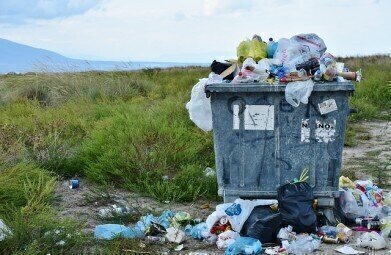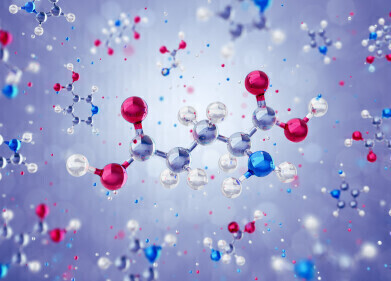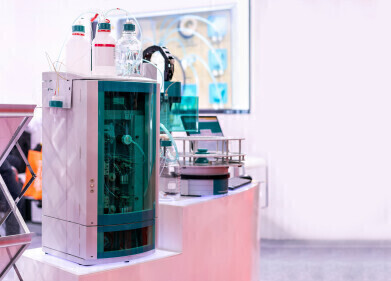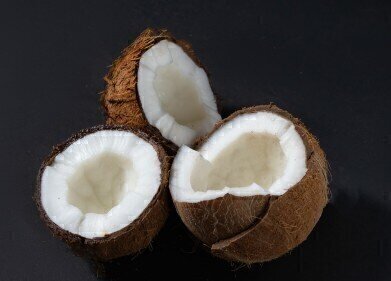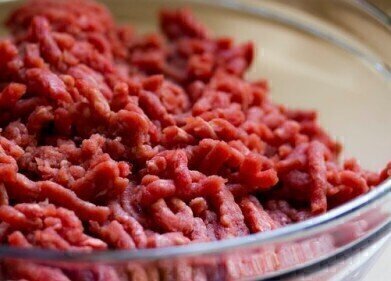Ion Chromatography (IC)
Mixing Your Plastics — Chromatography Finds a Problem
Oct 04 2017
Most people are used to the idea that we should separate our waste streams into non-recyclable and recyclable items. It makes good sense as we try to protect the environment from waste mountains and to help protect valuable non-renewable resources. A recyclable material that is frequently in the news is plastic.
The latest plastic news is from the Environment Minister who has suggested that the UK could have a plastic bottle deposit return scheme to help reduce plastic waste in the UK. Indeed, the government has already set higher recycling targets for plastics — increasing from 49.0% in 2016 to 53.0% in 2018 and 57.0% in 2020. But does increasing the recycling of plastics mean we get to use more recycled plastic?
Holes in the film
Perhaps not. A recent press release from the organisation Plastic Recyclers Europe reports on a study that compared two films made from recycled plastic. One of the films was made from recycled plastic from Northern Europe and the other film from recycled plastic from the South of Europe. The study demonstrates that not all recycled plastic waste is the same.
Two lots of 1000 tonnes of recycled waste were purchased from suppliers in Northern Europe and Southern Europe. The batches of plastic were converted into plastic films of 50-micron thickness, which unfortunately showed large variations in quality. The film produced from the Northern European waste behaved as expected and extruded into the film as normal plastic would. However, the film produced from recycled material from Southern Europe had holes and specks of contamination.
What’s making the holes?
But what is the difference between the Northern and Southern European recycled plastics? To try to answer this question the team turned to infrared spectroscopy, thermal analysis and gas chromatography-mass spectrometry. The use of chromatography to analyse organic compounds is discussed in the article, Determination of Low Molecular Weight Organic Acids in Petroleum Products by Ion Chromatography.
The analysis revealed that the defects in the recycled plastic from Southern European were from degradable plastics. Materials including starch, polyactide and polybutylene adipate terephthalate — materials found in biodegradable and degradable plastics.
Not all plastic is the same
The recycling authorities in the UK recommend that biodegradable and degradable plastics are recycled separately from standard plastics such as PET, HDPE and PS — the most common types found in packaging in the UK. The reason for the separation is because degradable additives — added to plastics to help them degrade — change how the plastic will behave if it is recycled.
The report also notes that the push towards using more degradable plastics in the future will only make the problem more acute. Another coloured bin needed for recycling day?
Digital Edition
Chromatography Today - Buyers' Guide 2022
October 2023
In This Edition Modern & Practical Applications - Accelerating ADC Development with Mass Spectrometry - Implementing High-Resolution Ion Mobility into Peptide Mapping Workflows Chromatogr...
View all digital editions
Events
Apr 23 2024 Kintex, South Korea
Apr 23 2024 Seoul, South Korea
Apr 28 2024 Montreal, Quebec, Canada
May 05 2024 Seville, Spain
May 15 2024 Birmingham, UK
